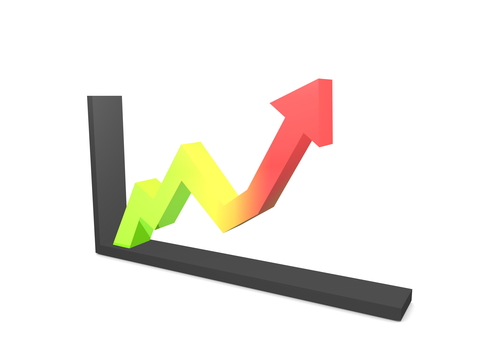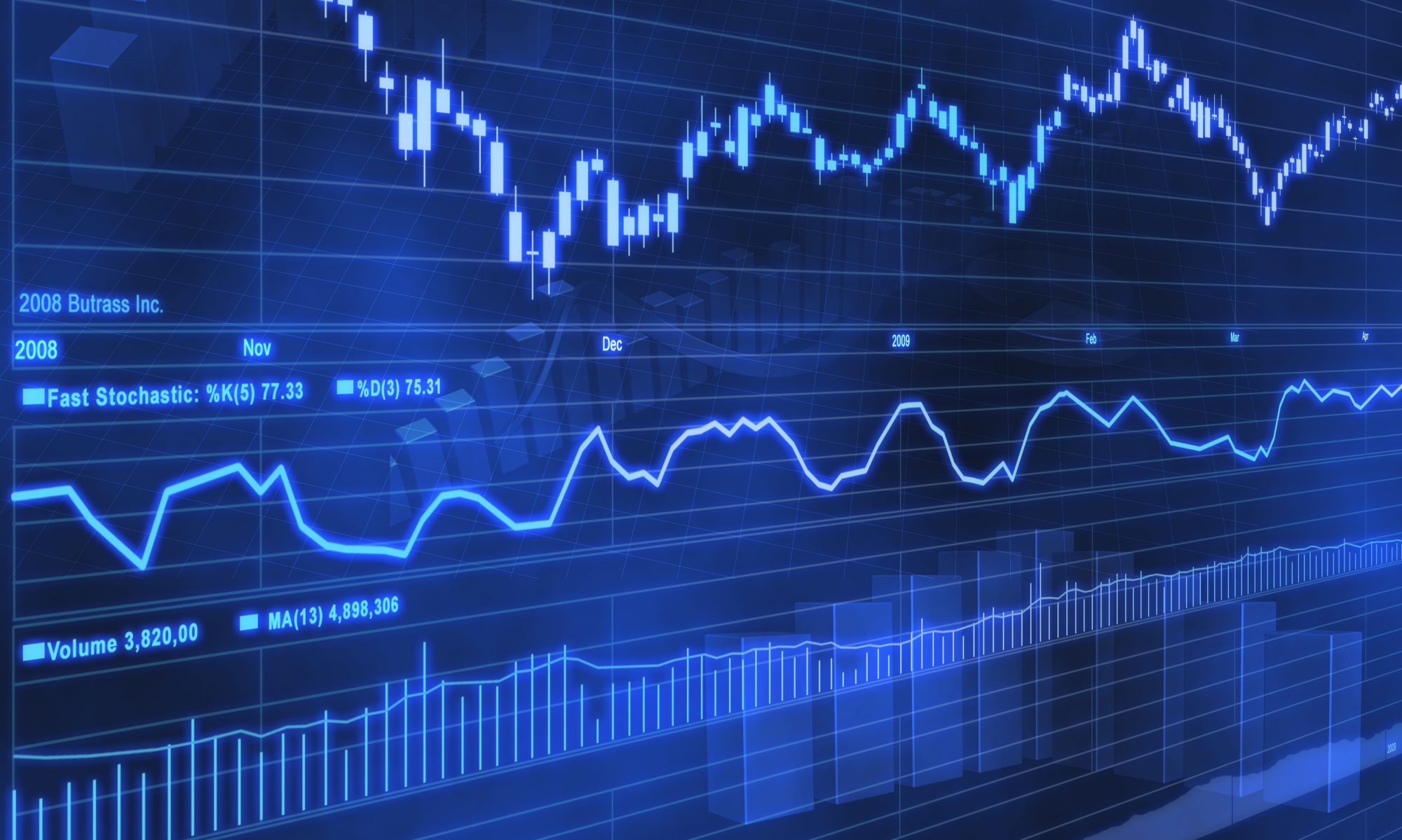A recent report highlighted the significant increase in tracker fund investment which basically allows investors to place money in vehicles which track an array of different indexes. Whether this is the general DJIA, a technology-based index or even an international index, there is now the ability to introduce managed passive investment into your portfolio. However, there are some concerns that tracker funds are extremely powerful and very influential on the market.
How do tracker funds work?
The vast majority of tracker funds will use a mixture of stock and derivative instruments to mimic the make-up of a chosen index. In effect the value of the underlying fund will rise and fall in tandem with the chosen index (although there will be management charges to deduct) therefore offering a popular form of passive investing. If you believe a particular country or a particular index will do well in the short, medium and longer term, simply investing in the underlying index allows you to eliminate stock specific risk and base your investment on the overall index.

These funds are readily tradable and therefore extremely liquid whether you are looking to invest more funds or take a profit.
Buying and selling triggers
Many of the tracker funds available today are managed by complicated computer programs which instigate automatic trades when certain conditions are met. If for example a market was to fall significantly, this could trigger a selling program, and if a market was to rise significantly this could trigger a buy program. Many of the individual tracker funds are enormous and if you put the whole industry together we are talking about multibillion-dollar investment pools.
While the exact detail of each management program will vary from tracker fund to tracker fund they do tend to move in the same direction. So, if a sell signal appeared then there is every chance you would see a whole host of automatic trades executed by different tracker fund computer programs. This can, we have seen this on numerous occasions, magnify the movement in indexes and cause a knock-on effect to general investors. We have seen this not only on the stock market but also with currencies and other commodities.
Reining back on automatic trading
Over the years we have seen regulators attempting to curtail the power of automatic trading via market suspensions when certain criteria are met. These relatively short suspensions often allow for a degree of calm but in other circumstances they can cause even more short-term concern. At the end of the day markets will ultimately balance themselves out from overbought and oversold positions but during this period markets can be influenced heavily by third parties. To those looking at long-term investment strategies via these passive investment vehicles there is probably little to be concerned about but they have and continue to impact short-term price movements.
This type of swing in stock prices can be a godsend for day traders although many have been left nursing significant losses. In reality there is little more that the regulators can do to curtail the power of tracker funds who use automated trading programs to track the various indices around the world.
